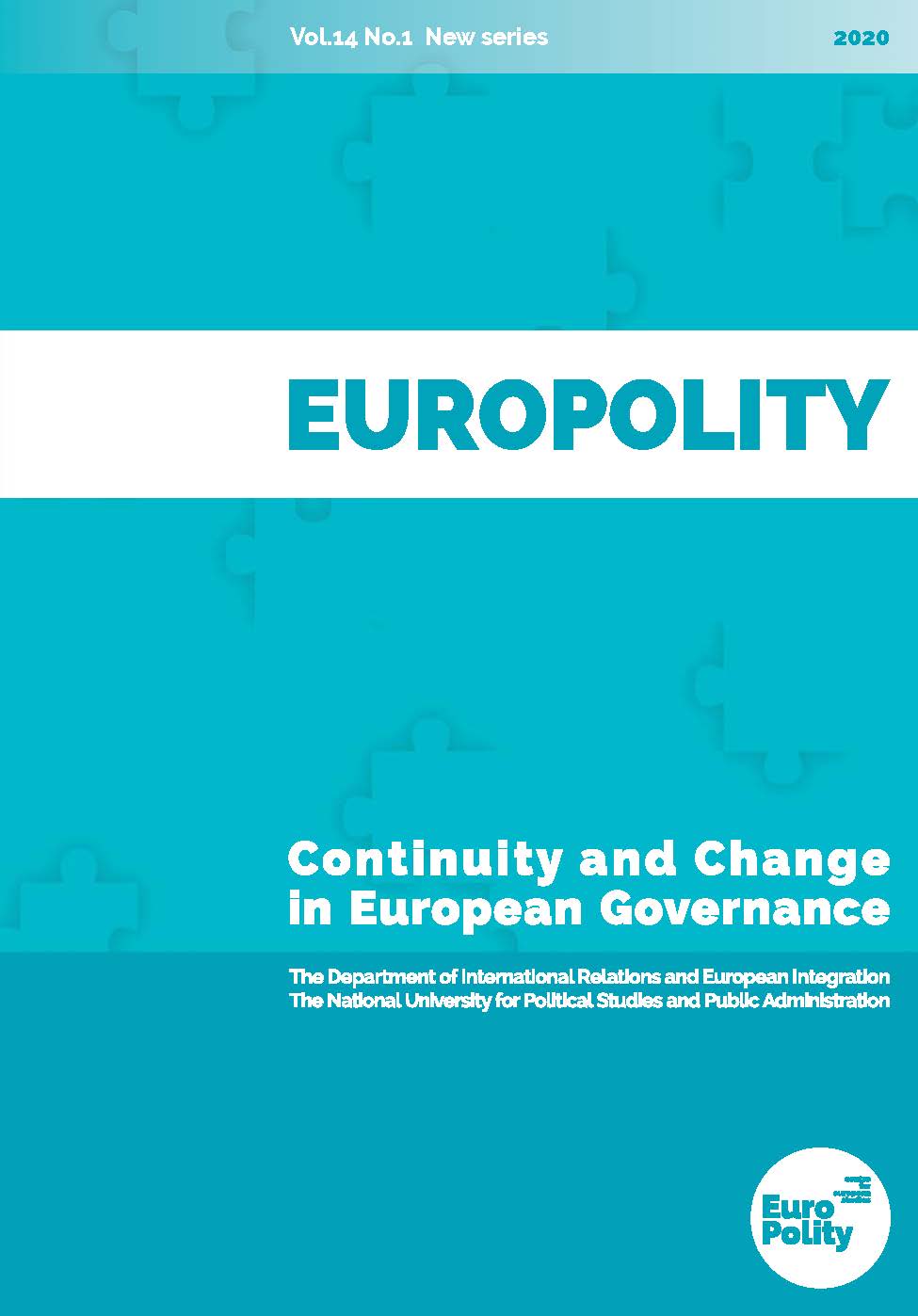CHILDREN’S RIGHTS AS CONSUMER OF LATIN AMERICAN SCHOOL FEEDING PROGRAMMES
CHILDREN’S RIGHTS AS CONSUMER OF LATIN AMERICAN SCHOOL FEEDING PROGRAMMES
Author(s): Maria Angelica Ferrer HerreraSubject(s): Sociology, Government/Political systems, Welfare systems, Developing nations
Published by: Scoala Nationala de Studii Politice si Administrative (SNSPA)
Keywords: child development; children as consumer; consumer rights; food safety; right to education; School feeding programmes;
Summary/Abstract: School feeding programmes (SFP) provide food to millions of children around the world in partnership with United Nations` member states using the existing school infrastructure. (State of school feeding Worldwide 2013). Thus, it has been necessary that each state and / or government develop the creation of SFP as part of its public policies, in order to provide quality and safety food supplements and services to children and adolescents of school age. Program operators become suppliers of goods and services, creating a consumption relationship, where the food recipients are the final consumer. Therefore, this consumption relationship is protected by international protocols, consumer policies and regulations of the constitutional and legal order, which protects consumers’ rights with special relevance for children and adolescents. Experience in Latin American countries such as Colombia, Brazil and Chile (Feeding the Future 2018) has determined that access to nutritious food leads to eradication of hunger and malnutrition; school attendance and permanence and contributes to closing gender gaps in school education. (Zero hunger 2018). This paper reviews the evolution and development of the SFP from the Colombian experience, as well as the identification of bad practices, abuses and complaints in the operation of the SFP. As a result, SFP`s act as form of protection of children`s rights as consumer through the application of consumer rights regulation.
Journal: Europolity - Continuity and Change in European Governance
- Issue Year: 14/2020
- Issue No: 1
- Page Range: 111-135
- Page Count: 24
- Language: English

